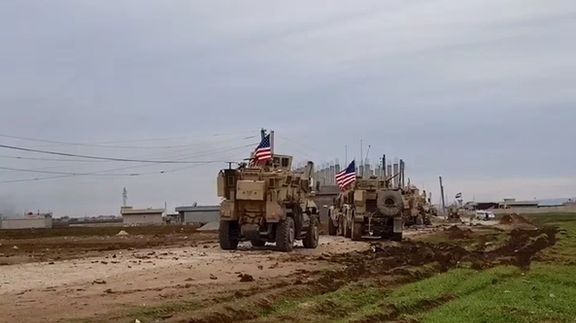The plan envisions hundreds of troops leaving by September 2025, with a full withdrawal by the end of 2026, the Reuters report said citing multiple sources familiar with the matter. The deal requires a final go-ahead from both capitals, but the details have been broadly agreed.
"We have an agreement, it’s now just a question of when to announce it," a senior US official confirmed. The final announcement has been delayed due to regional tensions related to Israel's war in Gaza.
Discussions between Baghdad and Washington, which began in January, focused on transitioning to a new advisory relationship, allowing some US troops to remain in Iraq for security cooperation after the drawdown.
Farhad Alaaldin, foreign affairs adviser to the Iraqi prime minister, noted that technical talks had concluded, paving the way for "a new level" of bilateral relations.
The agreement comes amid ongoing attacks by Iran-backed Iraqi armed groups on US forces, which have resulted in casualties and retaliatory strikes.
Last month, several attacks on US bases in Iraq and Syria injured multiple Americans. Seven US personnel were injured when two rockets hit Ain al-Asad Airbase in Iraq on August 5. Several US and coalition personnel also suffered "minor" injuries in an August 9 drone attack on Kharab al-Jir base in Syria's al-Hasaka.
The current US presence includes around 2,500 troops in Iraq and 900 in Syria, originally deployed to fight the Islamic State. The drawdown will initially see forces leaving key bases in Anbar and Baghdad by 2025, with the last remaining troops stationed in Erbil until the end of 2026.
This withdrawal would mark a significant shift in Washington's military posture, though US officials acknowledge that their presence in Iraq serves not only to counter the Islamic State but also to monitor Iranian influence in the region.
The phased exit is seen as politically beneficial for Iraqi Prime Minister Mohammed Shia al-Sudani, as it aligns with Iraq's balancing act between the US and Iran while addressing ongoing instability. However, it might also signal a victory for Iran and its proxies in the Arab country which have long been pushing for the full withdrawal of US and coalition forces from both Iraq and Syria.







